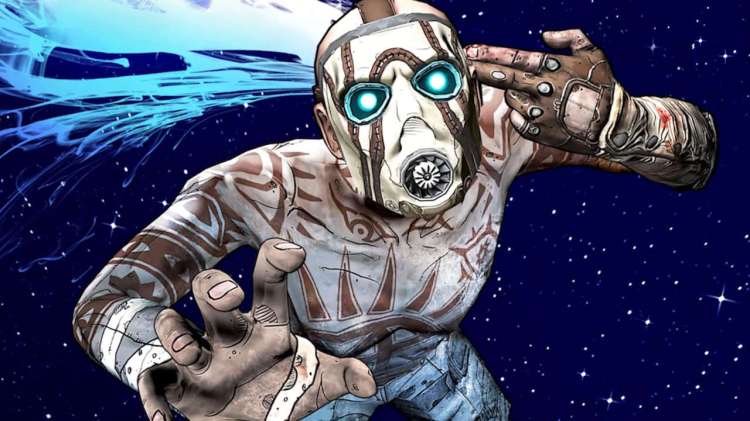This post has not been edited by the GamesBeat staff. Opinions by GamesBeat community writers do not necessarily reflect those of the staff.
Announcing downloadable content packs and season passes before a game is even out gives a lot of people the feeling that the game released on Day 1 is incomplete. They believe that the “extra content” is a ploy to charge more for the complete game. Some people just wait until Game of the Year editions come out so they can have all the content on the disc.
When you think about it, a season pass is really just an expansion pack you pay for at release and get later in pieces. Traditionally on PC, though, expansion packs aren’t even announced until after the base game is out. Why get people to pay for future expansions upfront instead of just selling them expansion packs later on?
How people interact with console games changes how publishers think they need to sell extra content. Basically, most console games see their player bases drop off dramatically pretty soon after launch, so publishers need to sell as much extra content as possible as early as possible. I think Microsoft even used to suggest that publishers release DLC less than 30 days after a game’s release.
It’s impossible to get any DLC out in that time unless it’s developed almost concurrently with the game, thus fueling the perception that the initial release is an incomplete product. Thus, season passes get people to pay for DLC immediately so developers can put more time into it. Nintendo has a policy of not starting DLC development until the base game ships, so that idea works perfectly for it.
PC-centric developers, however, can keep announcing and releasing expansion packs for games that are months or years old because players on PC tend to keep playing their games for longer. Firaxis was able to release an expansion pack for Civilization V almost three years after the base game’s launch because it’s still one of the most played games on Steam. Then, of course, you have the 7-year-old Team Fortress 2 and its hundreds of updates since 2007.
Console game publishers don’t often see that kind of player attachment, but I think a few do. It’s true most console games aren’t played for as long as most PC games are, with some exceptions. Ubisoft announced and released Far Cry 3: Blood Dragon months after Far Cry 3’s launch, and the company later reported that the expansion increased sales of the base game. What made that work? Street Fighter IV is the only recent console game I know of that can sustain expansions released for it six years after launch. I imagine other supremely popular multiplayer console games could allow the same treatment to work if publishers believed it. Activision repeats the base game, season pass, and DLC cycle roughly every 12 months with Call of Duty, but each of those games remains popular for years. Then again, Activision already gets so many people to pay $60-plus every year.
For this mentality to change, we would probably have to see a change in how long console players hang on to their games. We would have to see more games that actually sustain lasting communities on consoles the way Street Fighter IV has. I’m not sure if this would require an initiative from publishers or consumers.
Should players be less eager to trade in their discs after completing games? Or should publishers try to make games with more replay value and support them with DLC over longer periods of time, leading to fewer full sequels and annualized franchises?

